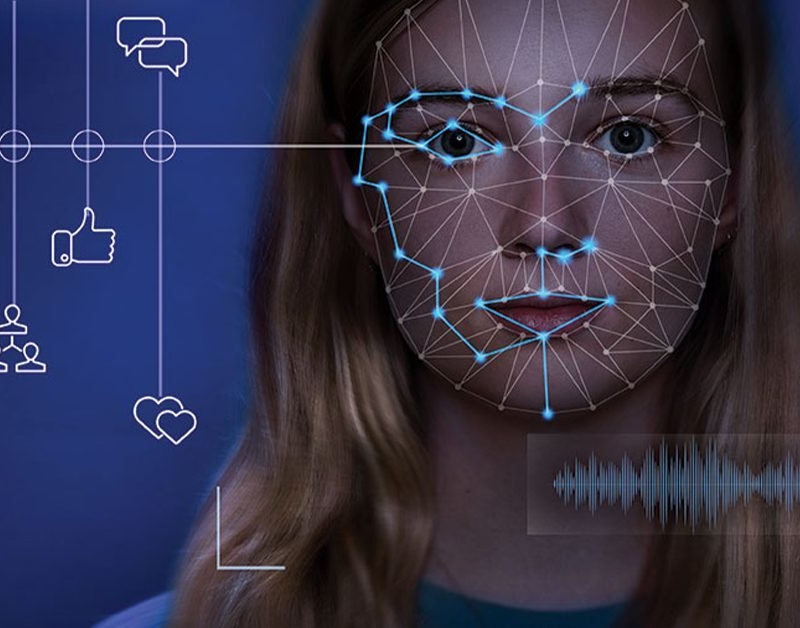Microsoft’s Bid to Secure Election Integrity: Tackling Deepfakes with Content Watermarking
In the ever-evolving battle against the proliferation of misinformation and deceptive content, tech giant Microsoft has stepped up to the plate, announcing a suite of tools to bolster cybersecurity and combat the spread of deepfakes ahead of key global elections. With growing concerns about the potential for AI to amplify the dissemination of falsehoods, Microsoft’s initiative marks a proactive stride in fortifying the digital integrity of democratic processes worldwide.
In a recent joint blog post penned by Microsoft President Brad Smith and Corporate Vice President Teresa Hutson, the company unveiled its forthcoming “Content Credentials as a Service” tool, leveraging the Content Credentials watermarking system pioneered by the Coalition for Content Provenance Authenticity (C2PA). This novel solution aims to equip electoral campaigns with the means to safeguard the authenticity of their content and mitigate the circulation of deceptive information.
Functioning as a shield against the menacing tide of misleading media, the tool will allow users, including political campaigns, to embed vital metadata within images and videos, providing a comprehensive record of the content’s origin, creation process, and any involvement of AI technology. Scheduled for a spring launch next year, the tool signals a pivotal step in Microsoft’s concerted effort to empower stakeholders with the necessary defenses against the nefarious manipulation of digital media.
Acknowledging the paramount significance of collaboration in combating the complex web of technological threats, Smith and Hutson emphasized the imperative for collective action among governments, tech companies, the corporate sector, and civil society. By fostering a spirit of shared responsibility and knowledge exchange, Microsoft seeks to cultivate a unified front in the ongoing struggle to preserve the sanctity of electoral processes in an age of digital proliferation.
Furthermore, Microsoft’s commitment to champion legislative measures aligns with its endorsement of the Protect Elections from Deceptive AI Act, advocating for stringent regulations that curtail the utilization of AI in generating deceitful political content. Emphasizing the company’s proactive stance, Smith and Hutson affirmed their commitment to leveraging their influence and resources to advocate for legal amendments that fortify the safeguarding of campaigns and electoral mechanisms against the perils of deepfakes and manipulative technological advancements.
In tandem with its endeavors to fortify digital integrity, Microsoft aims to collaborate with prominent entities such as the National Association of State Election Directors, Reporters Without Borders, and the Spanish news agency EFE, fostering a comprehensive approach to surface reliable election information on its Bing platform. By extending its existing partnerships with Newsguard and Claim Review, Microsoft endeavors to provide users with comprehensive reports on foreign influences, thereby fostering a climate of transparency and awareness during crucial electoral periods.
While Microsoft’s watermarking tool represents a significant stride in combatting disinformation, concerns linger regarding the effectiveness of this measure in entirely eradicating the propagation of deceptive content. In light of these apprehensions, Microsoft’s initiative underscores the critical role of technological accountability in the pursuit of transparent, secure, and equitable democratic processes. As the global landscape grapples with the omnipresent challenge of safeguarding the integrity of democratic mechanisms, Microsoft’s proactive approach signals a pivotal milestone in the ongoing quest to fortify the foundations of democratic governance.






